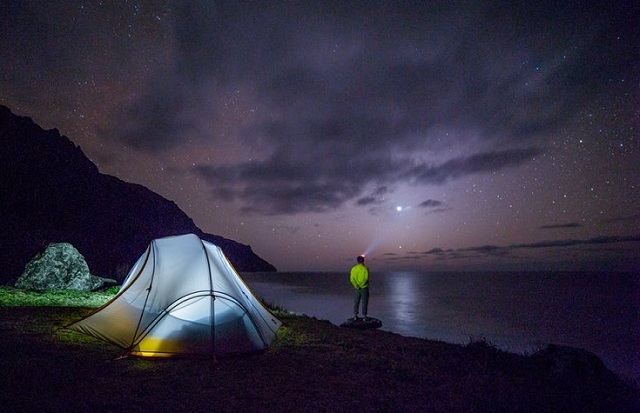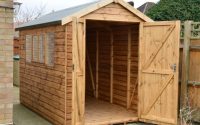How to Choose the Ideal Power Supply for Camping
Today, we can’t imagine life without our smartphones, laptops and other gadgets. But while technology can make our lives easier in many ways, it still has some limitations. One such limitation is that your gadgets and appliances can only work as long as there’s power available. And this can be a huge problem whenever you plan to go on a camping trip off-grid.

So, if you want to remain fully plugged in a reap the benefits of technology on your outdoor trips, you may want to look into getting yourself a portable power supply for camping. These power supplies range from battery banks to gas generators and solar panels, so when beginning your search it’s easy to get overwhelmed by all the available options. To help you make the ideal choice, here are some important things to consider.
Your Needs
Before buying a power supply for camping, you need to have a rough idea of your needs and how many devices you want to be able to power. If you’re backpacking and only need to charge your smartphone or other small devices, you can get away with a decent power bank or a battery charger. However, these types of portable power options only work for short trips. For longer trips, you may want to bring along several of them.
On the other hand, if you want to power more-demanding appliances and enjoy all the comforts that come with camping in a caravan, you need to consider more powerful options such as a gas generator or solar panels. A standard generator can power mini-fridges, TVs, and other appliances commonly found in a caravan for 8 – 10 hours on 3 litres of gas, so make sure to bring additional fuel as well. As opposed to gas generators, solar panels are a more silent and eco-friendly option. What’s more, after the initial investment, you don’t need to spend any additional money on fuel.
The Weather & Camping Location
Depending on the time of year and the location where you camp, some power sources are more suitable than others. For instance, solar panels can only work as long as they have enough access to sunlight to be fully charged. This means that they may not be suitable for winter months and thick forests where much sunlight can’t get through. So, if you’re planning to camp during the colder months, a generator is a much better choice. On the other hand, gas generators work best in designated campsites and caravan parks which offer supplies of fuel so that you don’t need to carry around heavy tanks of gas.



